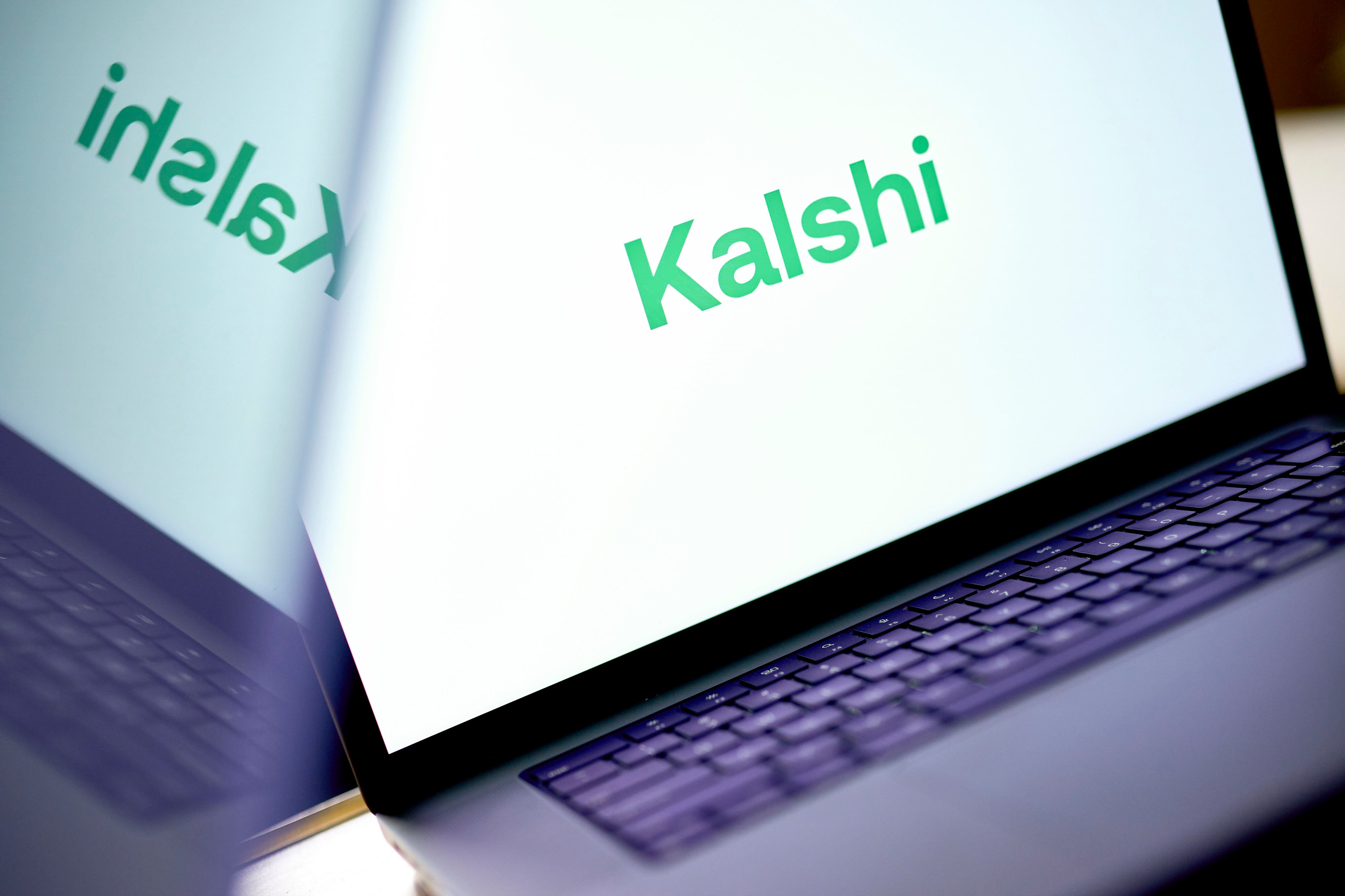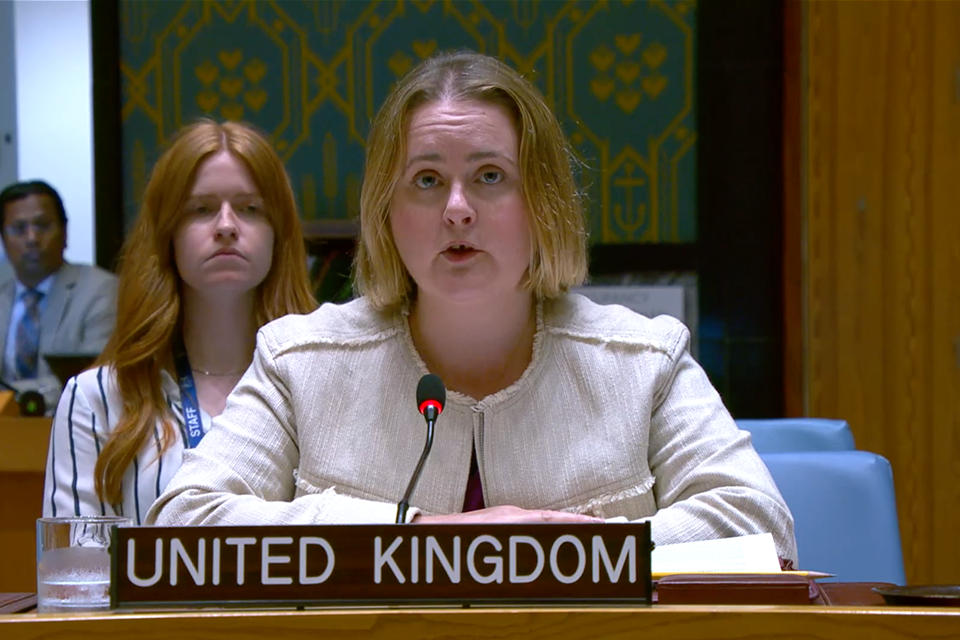Kalshi, the prediction market and financial exchange platform that correctly predicted the outcome of the 2024 presidential election and recent New York mayoral primary, said it reached a $2 billion valuation on Wednesday following its latest funding round.
The website, which functions more like a financial market than a traditional gambling website, allows users to buy into event contracts through “yes” or “no” questions. It’s regulated by the Commodity Futures Trading Commission, allowing it to function in states where sports betting is banned.
Kalshi skyrocketed to popularity this past year after its platform correctly predicted President Donald Trump would win over former vice president Kamala Harris — even when traditional polling had the two candidates neck-in-neck.
Most recently, Kalshi’s website correctly predicted hours before polls closed that Zohran Mamdani, the New York City primary candidate, would beat former governor Andrew Cuomo for the Democratic nomination.
In its latest round of funding, Kalshi said it raised $185 million from investors, led by the venture capital firm Paradigm. Other investors included Peng Zhao, the CEO of Citadel Securities; Sequoia Capital, a venture capital firm; and Multicoin Capital, a crypto investment company, according to the Wall Street Journal.

Calling it “one of the fastest growing companies in America,” Kalshi CEO and co-founder Tarek Mansour told CNBC that its growth cements its trajectory to becoming a leading financial market.
“We always thought the mission of the company [is] the idea of building the most important financial market on the planet,” Mansour said.
Investments in Kalshi come less than a year after it won a lawsuit against the Commodity Futures Trading Commission that now allows it to list contracts on the outcome of elections — something that has historically been outlawed.
Mansour said it was their goal to create a financial market “that could price anything” from elections to Academy Award predictions to sports outcomes.
Kalshi and other betting markets have become a popular way for people to bet on the outcome of events, bypassing traditional gambling regulations.
But the method of so-called “backdoor gambling” has left lawmakers and regulators skeptical.
“These contracts are a backdoor attempt to bring gambling into financial markets,” Cantrell Dumas, the director of derivatives policy at Better Markets, a non-profit group that advocates for a safer financial market system, told Reuters.
Three former government officials raised alarm bells about betting markets in October, warning Americans not to get too comfortable with them, given that there is little historical accuracy or precedent.
Mansour acknowledged that Kalshi could serve as a powerful tool for the public to gauge the predictability of political events, but he said it should still not replace traditional polling. He reminded people that even in the recent New York City mayoral primary, there was “volatility.”




